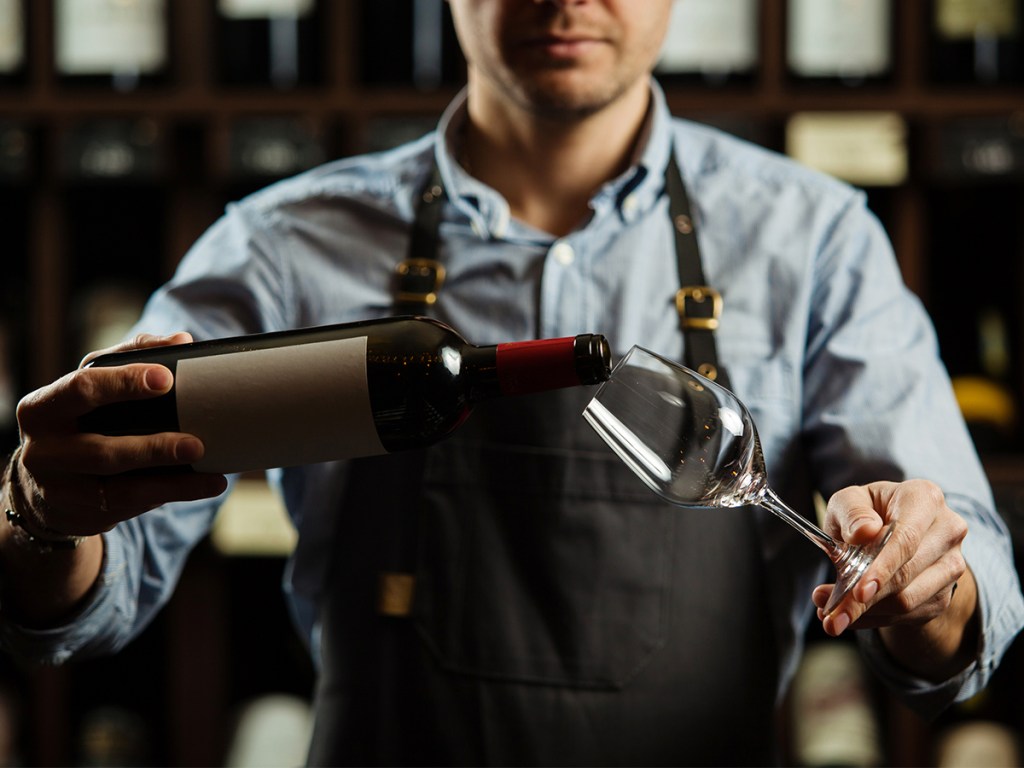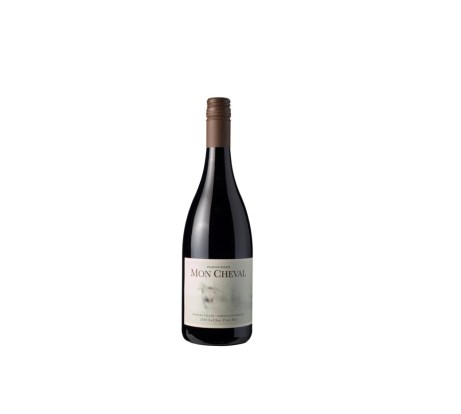With the significant impact of COVID-19 on the on-premise globally, the IWSR has analysed how the roles of sommeliers will evolve due to the pandemic.
With bars and restaurants adjusting to the new normal of social distancing, opportunities for face-to-face interaction with customers have decreased – accelerating the adoption of new technology and digital marketing to fill the gap.
The IWSR has looked at bars throughout Europe, reporting that in countries such as Italy and the UK, on-trade occupancy levels have largely been bouncing back.
There have, however, been a number of high profile closings in London – including iconic cocktail bar Milk & Honey.
“We are seeing a daily change in the landscape of bars, restaurants and hotels, with many of them sadly closing their doors permanently,” Dan Dove, ex-manager of the Diageo World Class cocktail competition, and founder of the new Global Bartending Talent Agency, told the IWSR.
“The hospitality sector is a volatile one even in good financial conditions, with margins being tight at every corner.”
Ronan Sayburn MS, head of wine at 67 Pall Mall, a London private members’ club for wine lovers, and COO of the Court of Master Sommeliers Europe, told IWSR that a lot of sommeliers are losing their jobs.
“It’s not necessarily the senior ones, but the more junior ones. I think the top-end restaurants will mostly be fine, but the mid-market could suffer – those with one sommelier, rather than a team,” he says.
Experts say that sommeliers and mixologists who remain in employment need to be increasingly flexible in the workplace as venues reduce their staffing levels.
“Sommeliers might not just be doing the wine anymore,” says Xavier Rousset MS. “But they might also have to help during service. They need to adapt in that way – but all of them will have started as waiters at some point. Now they’ve got no choice – it’s that or you’re out of a job.”
Sayburn says that sommeliers have a number of transferable skills they can use.
“Most have a head for business – so they could become restaurant managers and still look after the wine list. They could also use their wine knowledge for online education, masterclasses and writing.”
But what about the experience when they do interact with the customer? Both Rousset and Sayburn told the IWSR, they expect evolution, rather than drastic change.
“You can still talk to people and have a conversation,” says Sayburn.
“But maybe people will need to be smarter about writing wine lists and thinking about a different way to communicate.”
For the full report from the IWSR, click here.
Did you know?
There are 6 ways you can catch up with The Shout NZ?
Our print magazine – back this month! Subscribe here.
Online, updated daily with its own completely unique content and breaking news.
Our weekly newsletter – free to your inbox! Subscribe here.
Our digital magazines – the latest issues are online now, here and here.
We are also on Facebook and Instagram!




